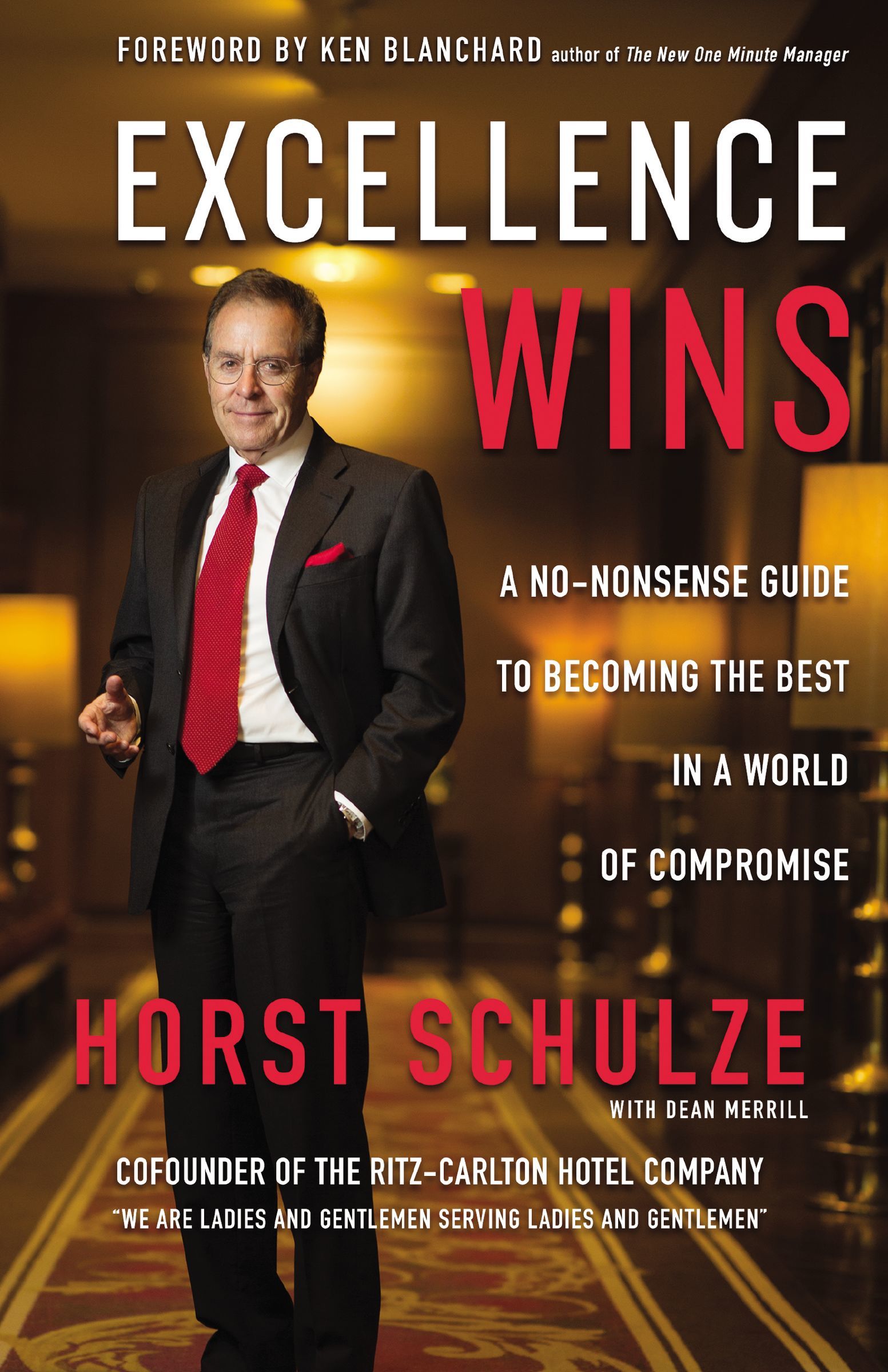
Everything Is Tuberculosis: The History and Persistence of Our Deadliest Infection
by John Green
30 popular highlights from this book
Key Insights & Memorable Quotes
Below are the most popular and impactful highlights and quotes from Everything Is Tuberculosis: The History and Persistence of Our Deadliest Infection:
“Nothing is so privileged as thinking history belongs to the past.”
“It reminded me, that when we know about suffering, when we are proximal to it, we are capable of extraordinary generosity. We can do and be so much for each other. But only when we see one another in our full humanity. Not as statistics or problems, but as people who deserve to be alive in the world.”
“What's different now from 1804 or 1904 is that tuberculosis is curable, and has been since the mid-1950s. We know how to live in a world without tuberculosis. But we choose not to live in that world.”
“People who are treated as less than fully human by the social order are more susceptible to tuberculosis but it’s not because of their moral codes or choices or genetics, it’s because they are treated as less than fully human by the social order.”
“And so we have entered a strange era of human history: A preventable, curable infectious disease remains our deadliest. That's the world we are currently choosing.”
“We live in between what we choose and what is chosen for us.”
“We are powerful enough to light the world at night, to artificially refrigerate food, to leave Earth’s atmosphere and orbit it from outer space. But we cannot save those we love from suffering. This is the story of human history as I understand it—the story of an organism that can do so much, but cannot do what it most wants.”
“But as a friend once told me, “Nothing is so privileged as thinking history belongs to the past.”
“We cannot address TB only with vaccines and medications. We cannot address it only with comprehensive STP programs. We must also address the root cause of tuberculosis, which is injustice. In a world where everyone can eat, and access healthcare, and be treated humanely, tuberculosis has no chance. Ultimately, we are the cause.We must also be the cure.”
“Framing illness as even involving morality seems to me a mistake, because of course cancer does not give a shit whether you are a good person. Biology has no moral compass. It does not punish the evil and reward the good. It doesn’t even know about evil and good.Stigma is a way of saying, “You deserved to have this happen,” but implied within the stigma is also, “And I don’t deserve it, so I don’t need to worry about it happening to me.”
“On my first day of training, she told me, "Death is natural. Children dying is natural. None of us actually wants to live in a natural world." Treating disease, whether through herbs or magic or drugs, is unnatural. No other animals do it, at least not with anything approaching our sophistication. Hospitals are unnatural. As are novels, and saxophones. None of us actually wants to live in a natural world.”
“But history, alas, is not merely a record of what we do, but also a record of what is done to us.”
“TB in the twenty-first century is not really caused by a bacteria that we know how to kill. TB in the twenty-first century is really caused by those social determinants of health, which at their core are about human-built systems for extracting and allocating resources. The real cause of contemporary tuberculosis, is for lack of a better term, us.”
“We can do and be so much for each other—but only when we see one another in our full humanity, not as statistics or problems, but as people who deserve to be alive in the world.”
“I’m a novelist, not a historian of medicine. TB is rare where I live. It doesn’t affect me. And that’s all true. But I hear Shreya, and Henry, and so many others calling to me: Marco. Marco. Marco.”
“How can I accept a world where over a million people will die this year for want of a cure that has existed for nearly a century?”
“...somehow, we always seem to blame the patient for noncompliance, rather than blaming the structures of the social order that make compliance more difficult.”
“But we can choose a different world. In fact, we will choose a different world. The world will be different a generation from now. The question is whether we will look back in gratitude at the virtuous cycles or in horror at the vicious ones.”
“He loved that word. Who wouldn't? "Encouraged." Like courage is something we rouse ourselves and others into.”
“We all engage in the punitive act of giving a disease a meaning.”
“The idea of becoming sick in order to look healthy or beautiful speaks to how profoundly consumptive beauty ideals still shape the world we share.”
“It's tempting to imagine this romanticization as the opposite as the opposite of stigmatization. Rather than discounting people as stigma does, romanticization lifts them up as paragons of beauty or intellect or some other virtue. But really, I see these as complimentary strategies, used to make "the sick" into an "other," a group of people fundamentally distant and different from the rest of the social order. …Imaging someone as more than human does much the same work as imaging them as less than human. Either way, the ill are treated as fundamentally other because the social order is frightened by what their frailty reveals about everyone else's.”
“I am an author, and I, for one, am deeply offended by the notion that my "waywardness, peevishness, Irascibility, misanthropy, and murky passions" are caused by a "derangement of bodily health," even as I am impressed by a nineteenth-century magazine's ability to absolutely nail my personality.”
“And so we must remember that illness is not only a biomedical phenomenon, but also a constructed one, and how we imagine leprosy or OCD or tuberculosis matters.”
“Framing illness as even involving morality seems to me a mistake, because of course cancer does not give a shit whether you are a good person. Biology has no moral compass. It does not punish the evil and reward the good. It doesn’t even know about evil and good.”
“Henry is a human being, just as you are a human being. Consider yourself for a moment—everything you’ve overcome, everything you’ve survived. Think of the people who loved you up into your now. Think of how hard school is or was, how you were lucky or blessed to meet people you could love and who could love you. Think about how rare and precious humans are, and how many of them you get to worry for and care about. Then, if you can, find a way to multiply that times 1,250,000. That is why we must work together to end tuberculosis and all other diseases of injustice.”
“Imagining someone as more than human does much the same work as imagining them as less than human: Either way, the ill are treated as fundamentally other because the social order is frightened by what their frailty reveals about everyone else’s.”
“Education is the most important thing,” he told me once. “Not just for me, you know, but also for the nation.”
“because food was not considered to be an essential aspect of tuberculosis treatment, and so there was no funding for food.”
“But survival is not primarily an act of individual will, of course. It's an act of collective will.”


